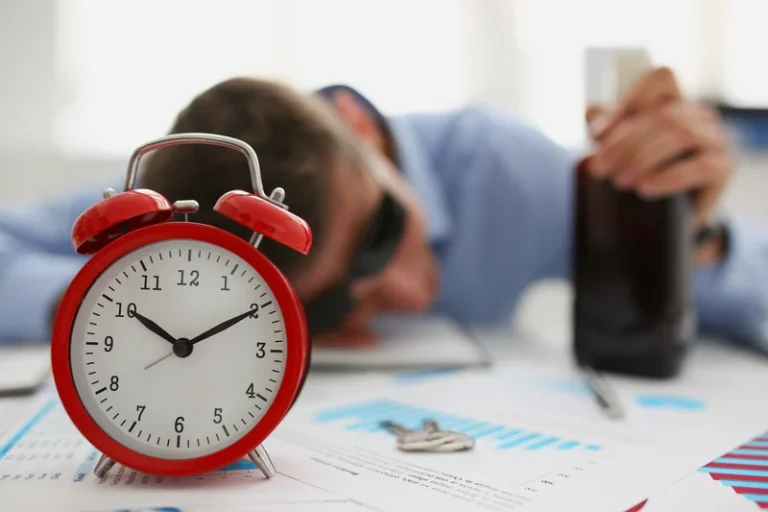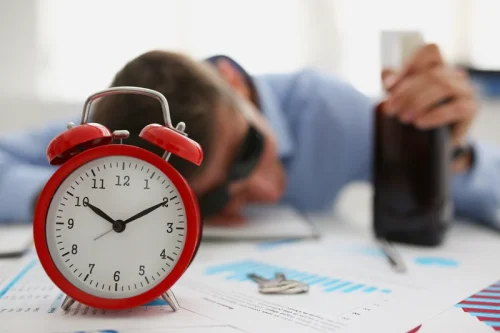
Consequently, it’s not uncommon for individuals in recovery to have a heightened craving for sugary foods. And so, another thing is to make sure… Well, we talked, we touched on this briefly. But making sure you’re drinking at least half your body weight in ounces of water.
One Thing To Prioritize For Weight Loss — That Has Nothing To Do With Diet

When it comes to alcohol and sugar, there is a clear link between the two. Alcoholics often crave sugar because of how alcohol affects their bodies. craving sugar after drinking alcohol When you consume alcohol, your body’s blood sugar levels drop rapidly. This can make you feel tired, irritable and hungrier than usual. Sugary foods can help those in recovery because they affect the brain like addictive drugs. During the early days of addiction recovery, people often battle intense drug cravings and may be calorically deficient.

Understanding the Roots of Addiction

Understanding the link between alcohol and sugar consumption is critical in the context of addiction and recovery. It has been observed that individuals in recovery from Alcohol Use Disorder (AUD) often experience increased sugar cravings and consumption. But why do recovering alcoholics crave sugar?
- When you stop drinking your body will crave sugar as a substitute for alcohol.
- « The body is really miraculous in coming into a homeostatic state, » she said.
- Observational studies on the effect of alcohol intake on obesity date back almost 30 years 6.
- So, if you under eat even slightly, over a couple of days, that could really cause a lot of emotional eating or sugar cravings.
Factors Contributing to Sugar Cravings
- Because I get this a lot especially with sugar cravings.
- This can make you feel tired, irritable and hungrier than usual.
- Hypoglycemia is very common in early sobriety.
- This question about, oh my god, I quit drinking.
- Explore types of holistic health practices, from acupuncture to plant-based nutrition, for complete wellness.
- That is the most important step towards getting healthy and addressing any mental health issues.
This is partially because alcohol can damage the pancreas, which controls blood sugar levels, and partially due to poor diet and malnutrition. Alcohol can make you feel calm, relaxed and even euphoric, which can keep you reaching back for glass after glass. Dopamine also reduces activity in your brain’s extended amygdala, which controls your emotions and stress responses, per the National Institute on Alcohol Abuse and Alcoholism.
Where to Find IOP Cocaine Treatment in PA
- My proven, step-by-step sober coaching program will teach you exactly how to stop drinking — and how to make it the best decision of your life.
- Discover why drug and alcohol treatment are not for me and explore holistic alternatives to recovery.
- So, you know, gathering all the information is amazing.
The surge in dopamine production prompts individuals to continue drinking to maintain these good feelings. Over time, this cycle can lead to addiction as the brain adapts to the increased dopamine levels and relies on alcohol to stimulate dopamine release. When alcohol is not consumed, withdrawal symptoms occur due to the sudden drop in dopamine levels. Did you know that it’s common for people who have struggled with alcohol addiction to have low blood sugar? The liver, the organ that processes any alcohol you drink, is in charge of releasing glycogen into your blood.
